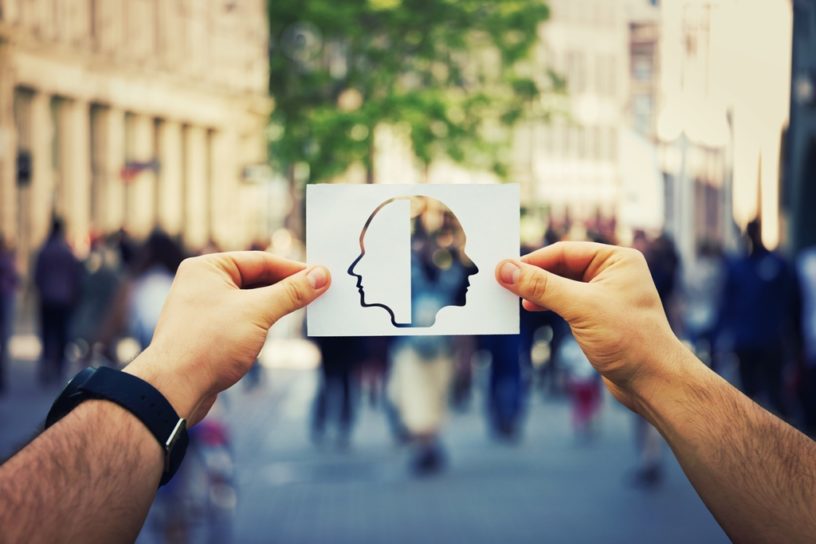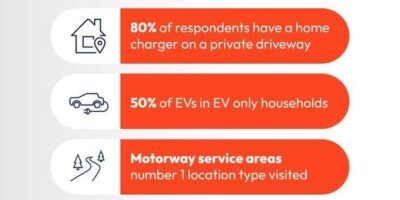Lockdown has not just had an impact on driving skills, it’s created new psychological pressures too – on drivers and riders at home and in business.
Many people have spent the last few months worrying about COVID-19 and how it could affect their life, from their health to their employment.
By spending a lot of time at home, keeping a safe distance from others if we go outdoors, and worrying about the long-term impact it may have on the way we choose to go about our lives – it’s safe to say that this global pandemic has impacted each and every one of us.
One area of mental health that is being spoken about more post-lockdown is anxiety. Anxiety can make certain tasks and situations seem like they are too much to take on and we may feel overwhelmed.
Anxiety can cause many different symptoms, whether they are physical, mental or how we behave.
Rebecca Ashton, Head of Policy and Research at IAM RoadSmart, has put together a few simple steps on how to help reduce those anxious episodes.
Take time to breathe
A calming breathing technique for stress, anxiety and panic takes just a few minutes and can be done anywhere. By taking a deep breath in, filling your lungs, holding it for five seconds and then breathing out will help calm your breathing and heart rate, giving your body a chance to relax.
The art of distraction
It is all about refocusing your mind and moving it away from the fears that have triggered the anxiety. By listening to some music, being creative, or playing a game can really help to give your mind a chance to tune into something away from that fear that you are feeling.
Start talking
A problem shared is a problem halved. Talking to someone else will help you to reduce the weight of the issue in your head, and by doing so will give you a better opportunity to share those feelings with someone close to you.
 Get moving
Each time we exercise we realise endorphins in our bodies. Any physical activity will help the body to feel better as well as make you feel more positive. Also being outdoors in nature can really help you manage those feelings of anxiety.
Rebecca said:Â “People are relieved to be getting back to a more normal way of life but understandably anxious too. What’s going to be expected of them, will they be fully aware of all the new rules and regulations, how will others interpret the rules? An open dialogue in this situation is hugely important. Drivers and riders should not hesitate to tell others about any concerns they have.
“As people return to work it should be a combined effort between the employee and the employer to make things better; that way the employer will relieve a certain amount of stress on the employee because they will feel they have been involved in their plan to help them. There’s nothing worse than being kept in the dark.”
She adds: “The key thing is to talk; mental health is something people often won’t talk about but stress is not something you should hide. People should take this seriously and certainly not laugh their concerns off. The worst thing anyone can do is say ‘don’t be so stupid’.”
For those who would like a refresher as they return to driving or riding after an extended period off the road, driver and rider assessments are available. Visit our courses page for more information.
*Article Source www.iamroadsmart.com








